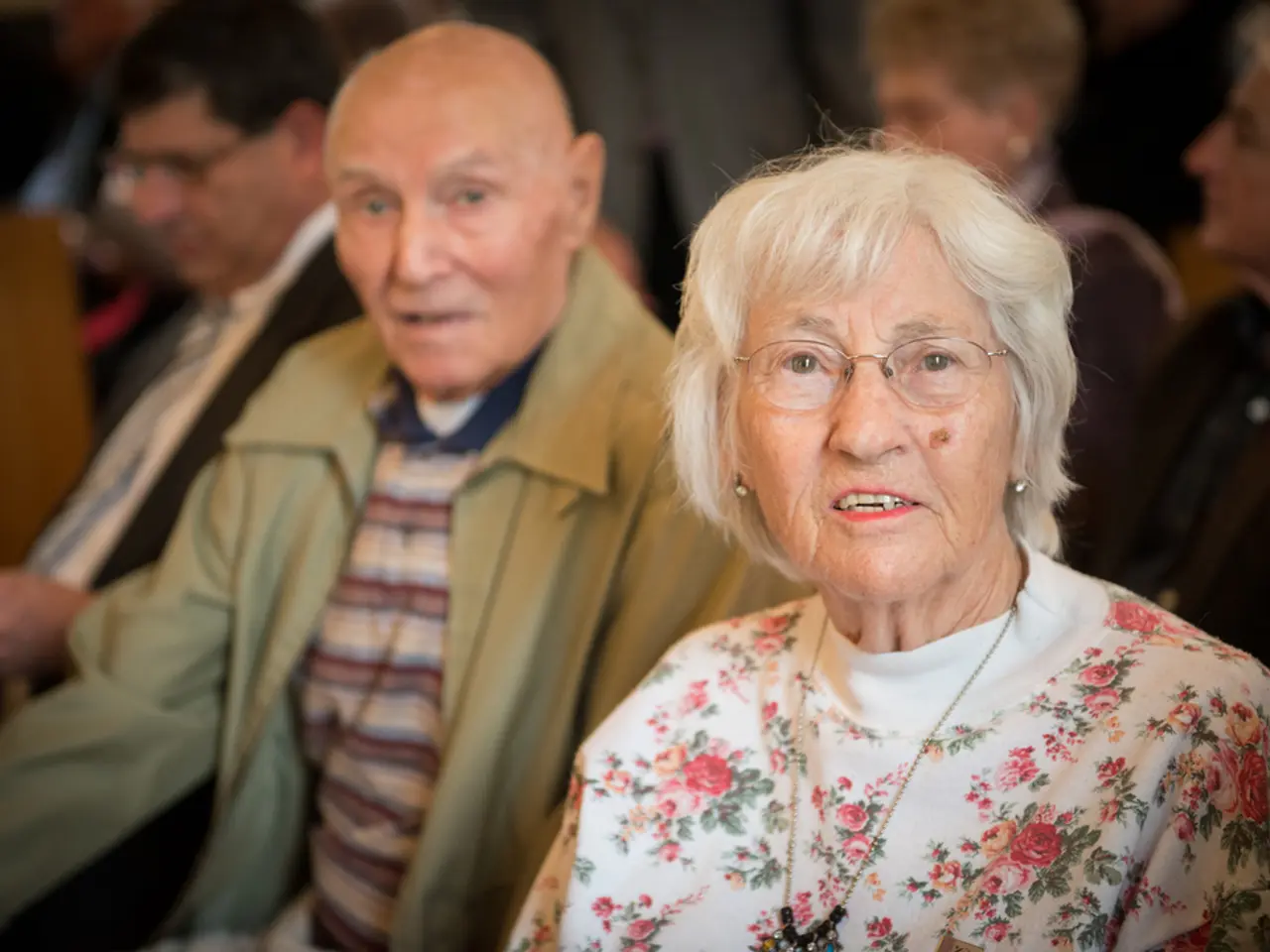Resolving Disputes in Senior Care: A Detailed Handbook
In the realm of elder care, resolving disputes is a delicate matter that requires a collaborative and empathetic approach. The focus is on prioritizing the elder's well-being while utilizing appropriate methods based on the specific circumstances.
Mediation
Mediation, a collaborative process, stands out as the preferred method for dispute resolution in elder care. Mediators, who remain impartial, keep the elder's safety, health, and preferences at the heart of the discussions. Open and honest communication, active listening, and reframing conflicts as problem-solving promote cooperation and understanding.
Mediators also help generate creative solutions that accommodate the elder's needs and the family's concerns. Formalizing resolutions in written agreements like Memorandums of Understanding ensures clarity and enforceability. Mediation often helps maintain or repair family bonds by fostering empathy and mutual respect. Involving professionals such as hospice social workers, counselors, or chaplains can assist in addressing emotional and cultural complexities.
Arbitration
Arbitration, a more formal and binding solution, resembles a private, less formal trial where a neutral arbitrator renders a final, binding decision. Arbitration can follow mediation under a med-arb process if disputes remain unresolved. This method typically resolves issues more quickly than litigation, with less public exposure. However, parties relinquish control over the decision outcome; it is not negotiable like in mediation.
Litigation
Litigation is often viewed as a last resort due to its adversarial, public, costly, and time-consuming nature. Court orders are enforceable but may not address underlying emotional or relational dynamics effectively. Legal expertise is essential due to procedural rules and forms of evidence.
Hybrid Med-Arb Approach
The hybrid med-arb approach combines mediation and arbitration. Parties attempt resolution via mediation first; if unresolved, arbitration follows immediately. This method offers a quicker path to final resolution without restarting a new process. However, parties may be less candid in mediation fearing the mediator will become the arbitrator, and using different individuals for mediation and arbitration phases can improve trust.
In elder care disputes, starting with mediation to focus on open communication and the elder’s interests is widely regarded as best practice. Involving trained mediators familiar with elder law and sensitive to family dynamics and cultural issues is crucial for effective dispute resolution. Sometimes hybrid methods like med-arb provide an effective balance between collaboration and finality.
Active listening, clarity in communication, and encouraging an environment of respect and patience contribute to productive interactions in elder care disputes. Dispute resolution in elder care addresses conflicts between caregivers, families, and healthcare providers regarding the treatment and well-being of elderly individuals. Collaborative strategies prioritize open dialogue, mutual respect, active listening, and joint problem-solving.
Courts may encourage mediation or other forms of dispute resolution prior to allowing cases to proceed to trial. Establishing a culture of respect and understanding among caregivers, families, and legal professionals is essential for better outcomes in elder care.
Key components of this legal framework include the Older Americans Act and state-specific legislation designed to safeguard the well-being of seniors. Common types of disputes include disagreements over care plans, financial management, and quality of care provided. Arbitration proceedings are generally quicker than litigation, allowing families to resolve disputes promptly. Arbitration hearings are private, safeguarding sensitive information pertaining to elder care issues.
Mediators play an essential role by facilitating discussions, exploring interests, and proposing solutions tailored to the specific needs of the parties involved. Mediation enhances the likelihood of reaching an amicable resolution while preserving family harmony. Collaborative approaches emphasize cooperation among all parties involved in elder care disputes. Parties should be aware of the implications of arbitration, such as limited rights to appeal. Active communication, mediation, and clear protocols for dispute resolution are best practices in elder care dispute resolution.
Mediation promotes reduced costs and time compared to litigation, preserves relationships, and offers a more flexible and informal process. The adversarial nature of litigation can exacerbate existing tensions among family members or caregivers. Effective dispute resolution aims to foster communication and collaboration among parties in elder care settings. Effective communication techniques are fundamental in navigating disputes within elder care settings. Mediation is a preferred choice in the realm of dispute resolution in elder care due to its benefits in fostering cooperative dialogue, preserving relationships, and offering a more flexible and informal process.
- The preferred method for dispute resolution in elder care is mediation, a collaborative process that prioritizes the elder's health and well-being, encouraging open and honest communication, active listening, and problem-solving.
- In addressing medical-conditions and health-and-wellness concerns related to elderly individuals, it is essential for mediators to understand and accommodate the elder's needs and the family's concerns, utilizing approaches that promote science-based solutions for the best possible outcomes.




